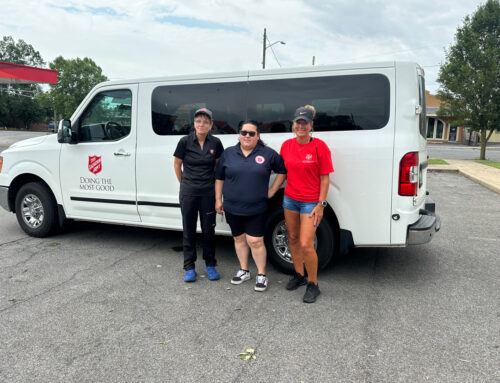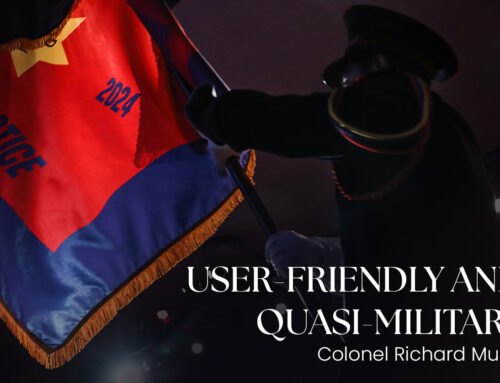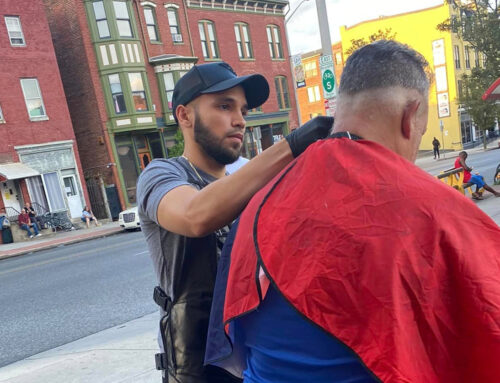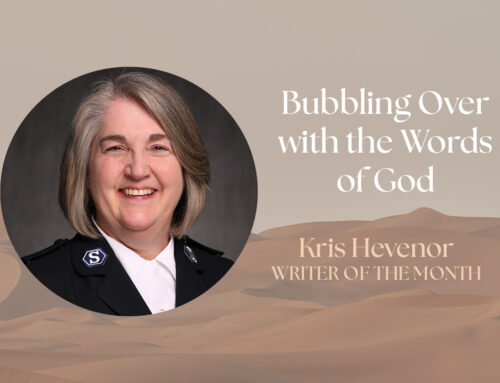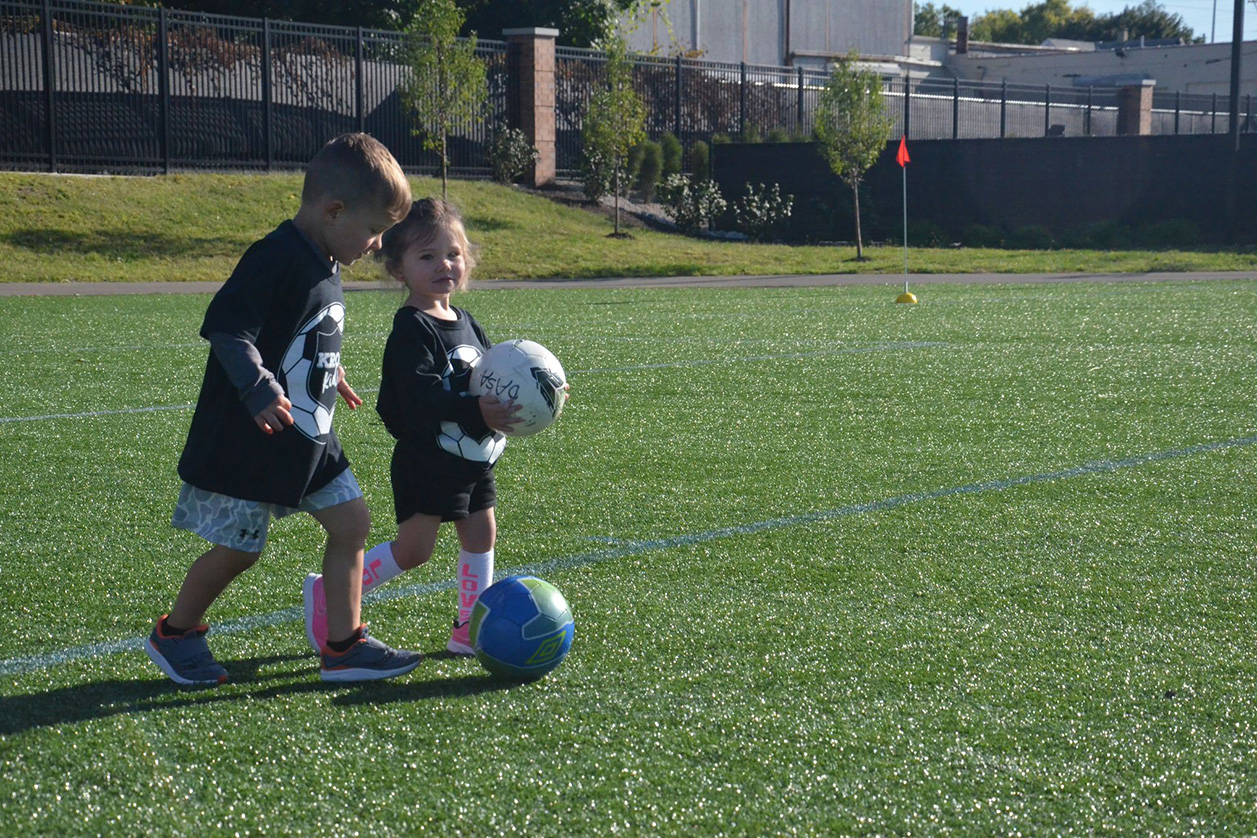
Salvation Army soccer programs score
by Hugo Bravo
As soccer fans prepare to root for their favorite teams in this year’s FIFA World Cup tournament, SACONNECTS spoke to soccer program directors in The Eastern Territory to discover how “the beautiful game” has become a powerful ministry to children and families.
Ironbound for glory in Newark
For years, The Newark Ironbound Soccer Club, with its over 1,200 players in almost 80 teams, has created high-caliber soccer players and won titles across the country. What many don’t realize is that this soccer club is run and operated by The Salvation Army.
“A lot of people (even within The Salvation Army) don’t know that we have one of the largest, most successful inner city soccer programs in the country,” says Nemin Jaya, director of administration at the Newark Ironbound Salvation Army Corps.
The club has an academy league that is supported by the United Soccer League (USL), the second largest soccer league in the United States after Major League Soccer (MLS). Players from Ironbound compete in tournaments for leagues such as the Super Y in Tampa, Florida. This December, 8 teams from Ironbound will compete in the Super Y: six all-boys teams and two all-girls teams. Ironbound even has a connection to the 2022 World Cup; Tyler Adams, who played for the Ironbound Soccer Club’s “Strikers” team, will serve as captain of the U.S. men’s national team.
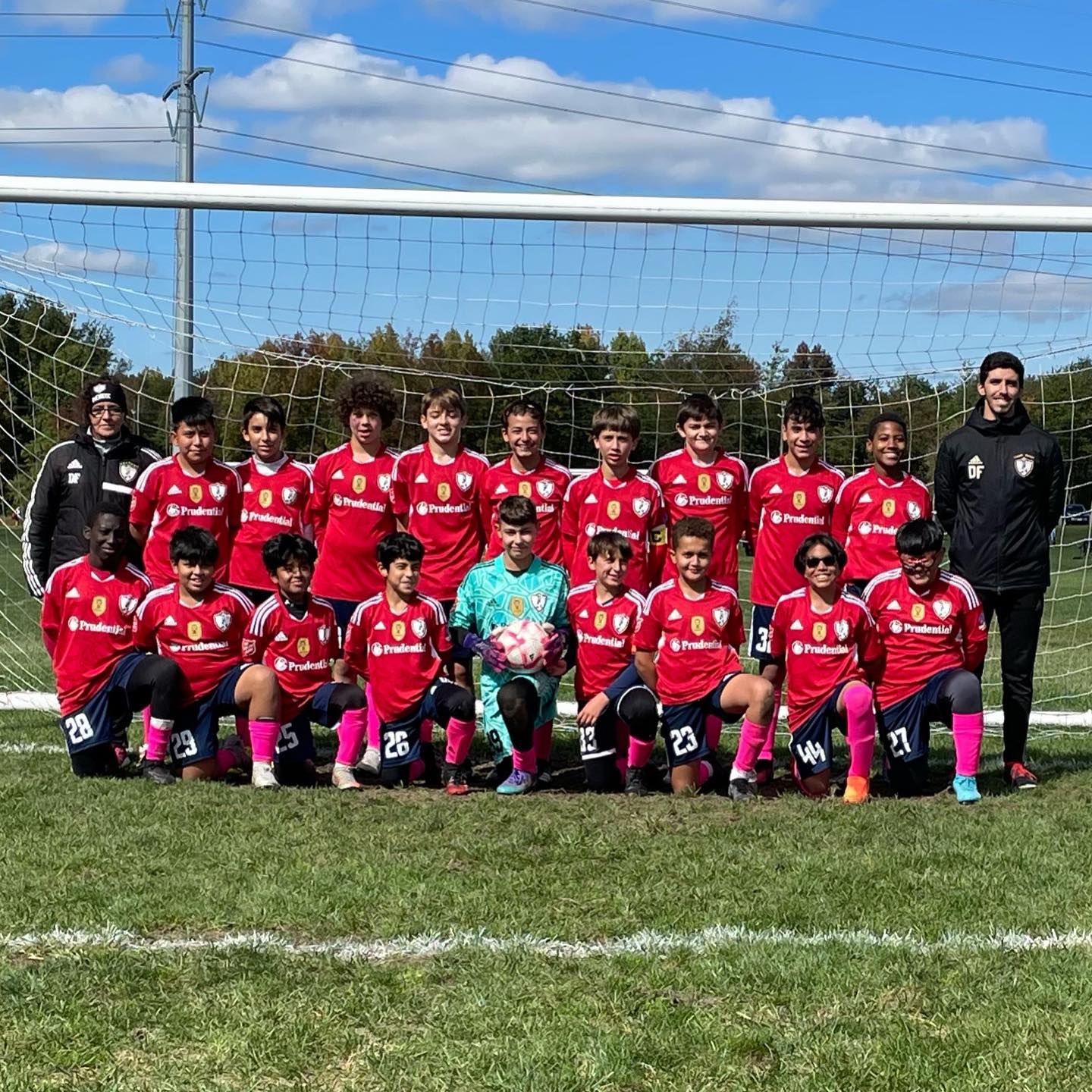
“When the soccer program began 30 years ago, The Salvation Army reached out to the predominantly Brazilian and Portuguese Newark community,” says Nemin. “[They] connected quickly with soccer, so we were lucky to have the right folks with an ingrained love for the sport.”
“In some American communities, soccer can be an exclusive sport, but that’s not how it is in the rest of the world,” explains Nemin. “To play it, you only need a ball and two small objects to make a goal. Unlike a lot of other sports, you don’t necessarily need a height or weight advantage to be good at it.”
To make the program accessible, the price to join the club is half that of other soccer programs in the area, and The Salvation Army offers full and partial scholarships. “We don’t want any child who comes to us to be denied access to soccer,” says Nemin. “Plus, we want the families of those children to use the Army’s services, whether it be for food, financial help, or prayer.”
Though the club might have started with exclusively Brazilian and Portuguese families, it now includes children from diverse ethnic backgrounds, “We are a nation of immigrants, and the Ironbound Soccer Club is a reflection of this city and America itself,” says Nemin.
For more information on the Newark Ironbound Soccer Club, visit: https://www.ironboundsoccer.com/
Friday Night Fútbol
Major Samuel Gonzalez, corps officer at The Salvation Army Morristown, N.J., Corps, remembers hearing how officers who served there before him, and corps staff would challenge each other to pick-up soccer games. Sometimes they would even invite other nearby corps to play against them.
“Back then, it was the adults that wanted to play soccer, but now, there was a 16-year-old soldier here that had friends from school looking for a place to play soccer,” says Major Gonzalez.
The corps began hosting soccer games after school on Friday for this soldier and his friends, and every week their numbers would increase. Girls from the school would also come to the corps, though they would mostly watch and cheer the boys on as they played. After a month, there were almost 50 teens and adults at corps on Friday nights.
Gonzalez began to inquire about starting a corps soccer club. He knew a coach who was interested in hosting clinics, organizing a league, and doing the work necessary for a soccer club to succeed.
“But when I spoke to the teens about it, they said that they didn’t want to do a club,” says Gonzalez. “They were happy just to be here on Fridays, play soccer, see their friends away from school, and have fun.”
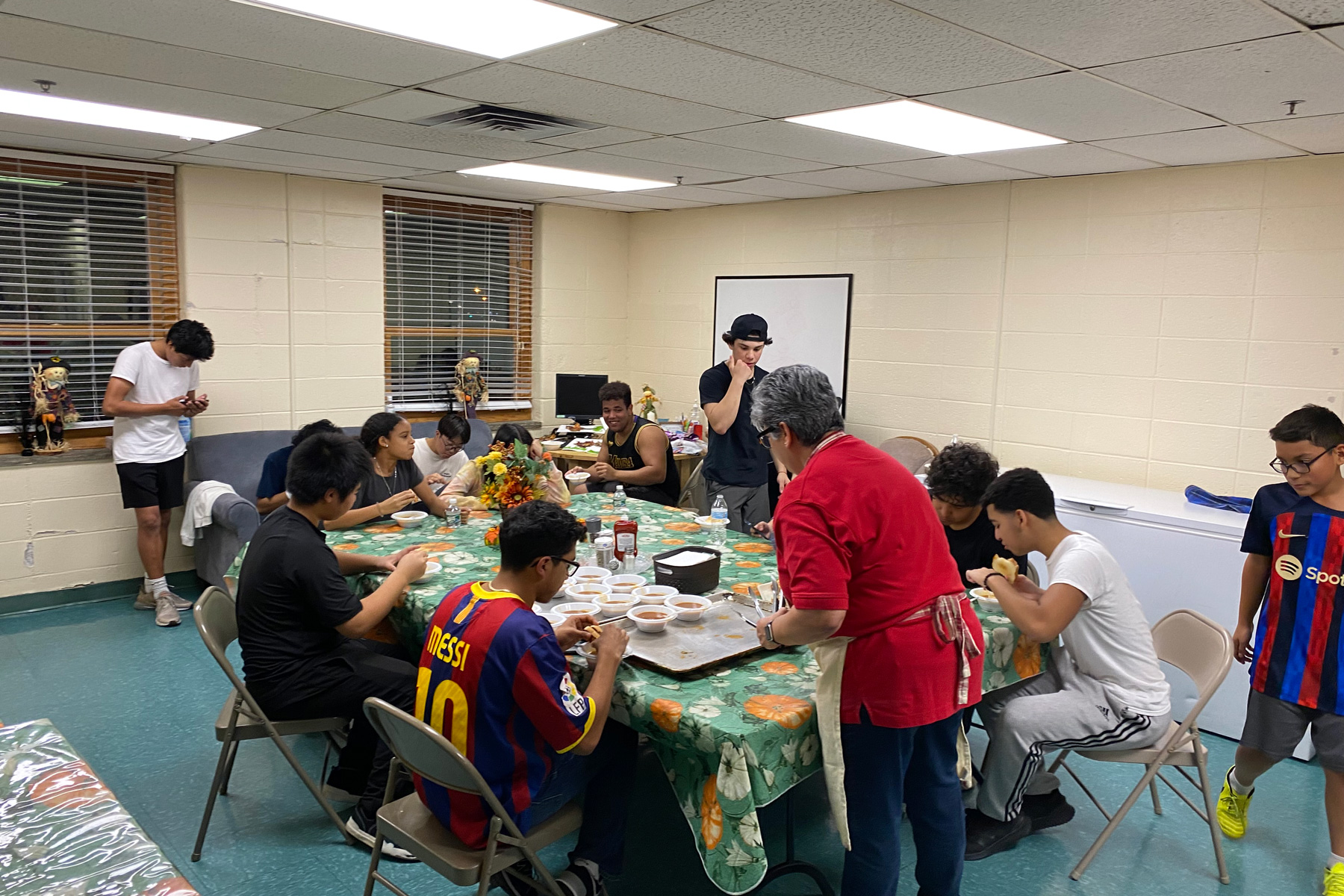
That fun eventually turned to other sports such as volleyball and basketball on Friday nights, but Gonzalez realized that soccer had opened the Salvation Army’s door to these teens.
“Many of them play soccer in school or in other leagues. Playing it here was not the main reason they came to us,” says Gonzalez. “I once asked one of the teens what he would be doing if he wasn’t at the corps right now. He admitted that he’d be outside, tagging walls, and looking for trouble. But The Salvation Army was a safe place for him.”
Gonzalez, realizing the value of this opportunity to provide a haven for kids, turned the program into a social club. Parents and volunteers began bringing water, soda, and empanadas for the teens. A room in the corps, complete with an old air hockey table that the teens loved to use, was set up for them to come in, charge their phones and laptops, and be together. Gonzalez is raising money to bring in a ping pong table, foosball, and a second air hockey game. He’s also spoken to members of the local Salvation Army Echelon chapter to come on Fridays and mentor the teens.
“If they want to play sports or games with them, that’s fine. But I want the kids to hear about their education, jobs, life experiences, and find positive role models here,” says Major Gonzalez.
Though the program didn’t grow in the way he thought it would, Gonzalez says that Friday night soccer games are still at the center of the ministry. As other corps members take ownership of the program, he’s ready to see how it will grow.
“The coach that I contacted said that he’s on standby for The Salvation Army, and if we ever want to organize a league, he’s ready to help,” says Major Gonzalez. “But I tell him that what the program ultimately becomes is not up to me anymore. It’s up to the teens of the Morristown Corps.”
For more information on The Salvation Army in Morristown, visit: https://easternusa.salvationarmy.org/new-jersey/morristown/.
Ending soccer deserts in Dayton
If you talk to the staff, volunteers, and coaches of the Dayton Kroc Center Soccer Club, you might hear the term “soccer desert:” an urban environment that isn’t set up to introduce soccer to its community. A lack of programs, fields to play on, financial backing or transportation to practice tend to perpetuate the “desert.”
Robert Kirksey, fitness supervisor at the Dayton Kroc, knows what it’s like to grow up in a soccer desert. Born on the west side of Dayton, he was not exposed to soccer until his third year of high school. Though he already played receiver and tight end in football, he became a soccer goalkeeper to develop his hand coordination and reflexes.
“I remember going from soccer practice to football practice right after. Both sports are played in the same season,” says Robert. “But I say all the time that, if I would have had the early exposure to soccer as we provide at the Kroc Center, I would have chosen soccer over any sport.”
Some of the kids who make up the soccer club are from families that come to Sunday ministries at the Kroc Center. Seeing the state-of-the-art, outdoor field across the street from the center makes the children curious to see what’s being played there. When they inquire about playing, that soccer desert in their lives starts to disappear.
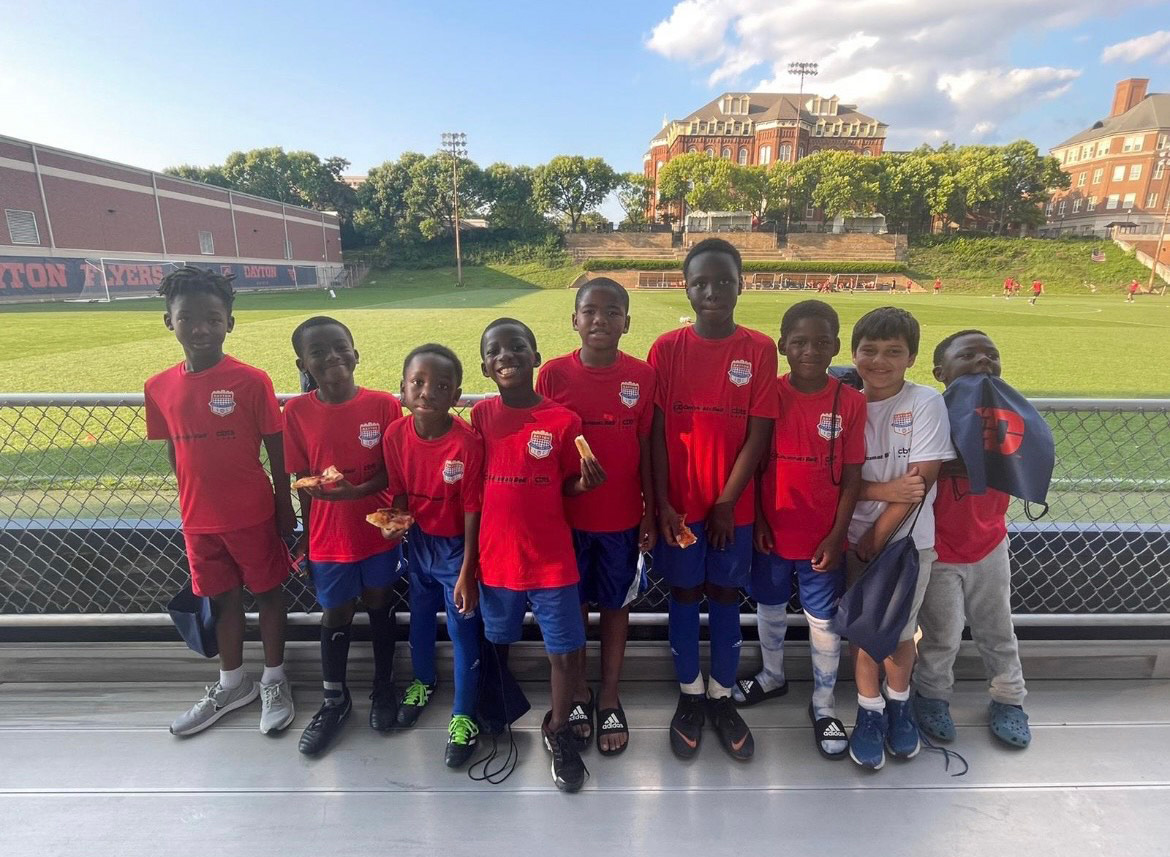
“We want to serve those communities that might not be able to afford these programs or even have any access to soccer programs at all,”says Robert. I know what it’s like to not have the money to participate or even rides to the games. I come from a single parent home, and I was the oldest child. I remember not being chosen to get the ride to practice over my younger siblings, and being left to figure it out myself. But you don’t really understand it until you look back years later or you see other children in that same position.”
“Coming from that community, Robert has been happy to bridge the gap and reach out to organizations in Dayton,” says Erin May, fitness and recreation manager at the Dayton Kroc. “We now have a partnership with Dayton public schools that allows students from their elementary schools to participate in our soccer club free of charge. That’s 12 schools, all with kids who want to play soccer.”
Those students make up about half of the players in the soccer club and have their registration fees and supplies covered.
“Robert created this partnership, and it has been such a huge win for us, not just for the soccer club but for all the children’s programs at The Salvation Army,” says Erin. “We’ve created a healthy, safe environment for children to play soccer outdoors, but it goes beyond that or even beyond sports in general. We’re all invested in the lives and futures of these kids.”
In the next few years, they expect to have about 400 children playing in the club. Because of the work and dedication from Robert, Erin, and all the members of the Dayton Kroc Center Soccer Club, soccer deserts in Dayton may, one day, be a thing of the past.
For more information on the Salvation Army Dayton Kroc and its services, visit: https://easternusa.salvationarmy.org/dayton-kroc/.

